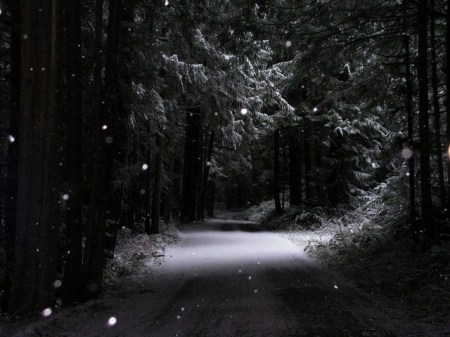 |
| Uncredited illustration of Old Man Winter, used for "Winter” in Child Life: A Collection of Poems, edited by John Greenleaf Whittier |
The winter solstice comes this week. It is an astronomical phenomenon that marks the shortest day and the longest night of the year. This is the December solstice in the Northern Hemisphere and the June solstice in the Southern Hemisphere.
The winter solstice is also known as the hiemal or hibernal solstice, Midwinter, Yule, the Longest Night and Jólo.
"Midwinter" seems odd to Americans since it often doesn't seem like winter until December in many parts of the country, so to have December 21 as a midpoint seems wrong. (I always felt the same about "midsummer" - as in Shakespeare's play.) The winter solstice can also be known as midwinter because the days get longer after the solstice, but it doesn't mean that it gets any warmer. In fact, for me in the northeast, the bleakest part of winter is January or February.
Christina Rossetti was a Pre-Raphaelite poet who published her most famous collection, Goblin Market and Other Poems in 1862 when she was 31 years old. "In the Bleak Midwinter" is probably her most famous poem. She first published it under the title "A Christmas Carol," and it does have a songlike quality.
The first stanza is the best-known:
In the bleak midwinter, frosty wind made moan,
Earth stood hard as iron, water like a stone;
Snow had fallen, snow on snow, snow on snow,
In the bleak midwinter, long ago.
I think that people today might recognize her poem as a Christmas carol and it is a Nativity poem.
In the Greek myths, the goddess of the harvest, Demeter, had her daughter Persephone kidnapped by Hades, lord of the underworld. It so depressed her, that she became despondent that she could not care for the lands, and winter took over. After a deal was struck with Hades, Persephone was allowed to return to the Earth for six months of the year at which time the lands thrived, but every six months she would return to the underworld and the seasons would change again.
Though some people
Maybe you should make a Viking toast for the solstice.
Here is the rest of Rosetti's poem.
Our God, Heaven cannot hold Him, nor earth sustain;
Heaven and earth shall flee away when He comes to reign.
In the bleak midwinter a stable place sufficed
The Lord God Almighty, Jesus Christ.
Enough for Him, whom cherubim, worship night and day,
Breastful of milk, and a mangerful of hay;
Enough for Him, whom angels fall before,
The ox and ass and camel which adore.
Angels and archangels may have gathered there,
Cherubim and seraphim thronged the air;
But His mother only, in her maiden bliss,
Worshipped the beloved with a kiss.
What can I give Him, poor as I am?
If I were a shepherd, I would bring a lamb;
If I were a Wise Man, I would do my part;
Yet what I can I give Him: give my heart.
Visit our website at poetsonline.org












